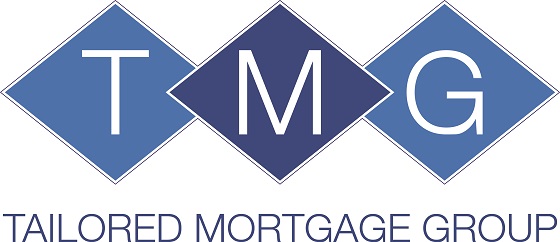Principal-and-Interest vs. Interest-Only
What loan is right for you?

Paying off your home loan as fast as possible is the goal for most homeowners, so a principal-and-interest mortgage makes sense. But when is an interest-only home loan more suitable?
A home loan is probably one of the biggest financial commitments that you will make in your life. Choosing the right home loan can lead to financial freedom early in life, but getting it wrong could cost you thousands.
When deciding what loan is right for you, find one that suits your current needs, but is flexible enough to change with your life circumstances. In this article, we will explore both loan types and when you would opt for an interest-only home loan.
What does "principal" and "interest" mean?
The principal is the loan amount (the total amount you borrow from the bank). The interest is how much it costs for you to borrow the principal amount of money. The amount of interest you pay depends on your interest rate and the term of the mortgage – it is calculated as a percentage of the principal.
What is a principal-and-interest loan?
If you opt for a principal-and-interest home loan, your repayments will cover part of the principal amount as well as the interest accrued.
Principal-and-interest loan repayments will initially be higher compared to interest-only loans as part of the repayment is to reduce the principal. However, you will likely pay less interest over the life of the loan because every repayment you make reduces the principal balance.
What is an interest-only loan?
With an interest-only home loan, your mortgage repayments only cover the interest charged on the amount you borrowed from the bank. During the interest-only period, the principal amount does not decrease. Generally, interest-only periods are available for up to five years, before reverting to principal-and-interest.
Tax-deductible interest
For taxation purposes, there are several expenses related to an investment property that are considered tax-deductible, such as all or part of the interest charged on your mortgage while the property is being rented.
You may be eligible to claim all, or part of the interest charged on your mortgage as a tax deduction. With an interest-only loan, property investors may use the extra funds to pay down their other loans that aren’t tax deductible. For more information about this topic, we recommend you visit the ATO website. Click here for more information.

What is your long-term goal?
If your sole objective is to be free of all debt, a principal-and-interest home loan is likely to be your best option. Combining a principal-and-interest home loan with other financial strategies, can lead to becoming financially free early in life. Click the button below to find out how you can pay off your home loan ahead of time.
Make sure you have a plan
As you move to the later stages of the investment cycle, you will need to decide whether you should retire the debt and if so, when is the right time.
If the time is right to retire the debt, you can switch to a principal-and-interest loan. If you have multiple interest-only loans, it is important to stagger out the switch to principal-and-interest. By switching all loans to principal-and-interest at the same time, you may find yourself in a situation where you don’t have sufficient cash flow to service all loans.
Before you begin changing your loans, seek professional advice and receive cash flow models so you can eliminate the stress of maintaining an investment portfolio.
Your broker will advise you of the pros and cons of each loan type and what they mean for your borrowing power. If you need help calculating both options, contact us for a free consultation.
Find out what home loan is right for you.
Whether you're a first home buyer or experienced investor, we can help you achieve your financial goals.
This article is intended to provide general information of an educational nature only. It does not have regard to the financial situation or needs of any reader and must not be relied upon as financial product advice. The information has been prepared without considering your objectives, financial situation or needs. You should consider the appropriateness of the information and seek professional advice before acting.
